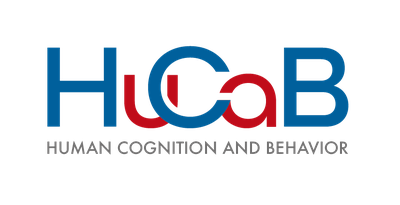Andreas Mojzisch and Stefan Schulz-Hardt
Knowing others' preferences degrades the quality of group decisions.
Journal of Personality & Social Psychology
Results from 4 experiments demonstrate that learning the other group members' preferences at the beginning of a discussion impedes the solution of hidden profiles. In Experiments 1-3, participants who were not informed about their fellow group members' preferences were more likely to solve a hidden profile than those who received bogus information about the others' preferences. The negative effect of learning the others' preferences on decision quality was mediated by participants paying less attention to the information exchanged when they had been made aware of the others' preferences. Experiments I and 2 further ruled out that the effect of learning the others' preferences is due to participants bolstering their position or due to an increase in informational load. Experiment 3 showed that learning the other group members' preferences impedes the solution of hidden profiles even if one of the other members favors the correct alternative. Finally, Experiment 4 replicated these results in face-to-face interacting 3-person groups. [ABSTRACT FROM AUTHOR]
Accession Number: 50255052; Mojzisch, Andreas 1; Email Address: mojzisch@psych.unigoettingen.de; Schulz-Hardt, Stefan 1; Affiliations: 1: Institute of Psychology, Economic and Social Psychology Unit, Georg-August-University Goettingen, Germany.; Issue Info: May2010, Vol. 98 Issue 5, p794; Thesaurus Term: Group decision making; Thesaurus Term: Social exchange; Subject Term: Interest (Psychology); Subject Term: Social participation; Subject Term: Social learning; Subject Term: Face-to-face communication; Author-Supplied Keyword: decision quality; Author-Supplied Keyword: group decision making; Author-Supplied Keyword: hidden profile; Author-Supplied Keyword: information pooling; Author-Supplied Keyword: preference exchange; Number of Pages: 15p; Document Type: Article


